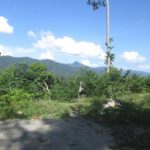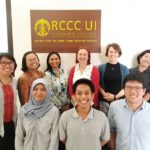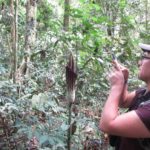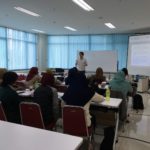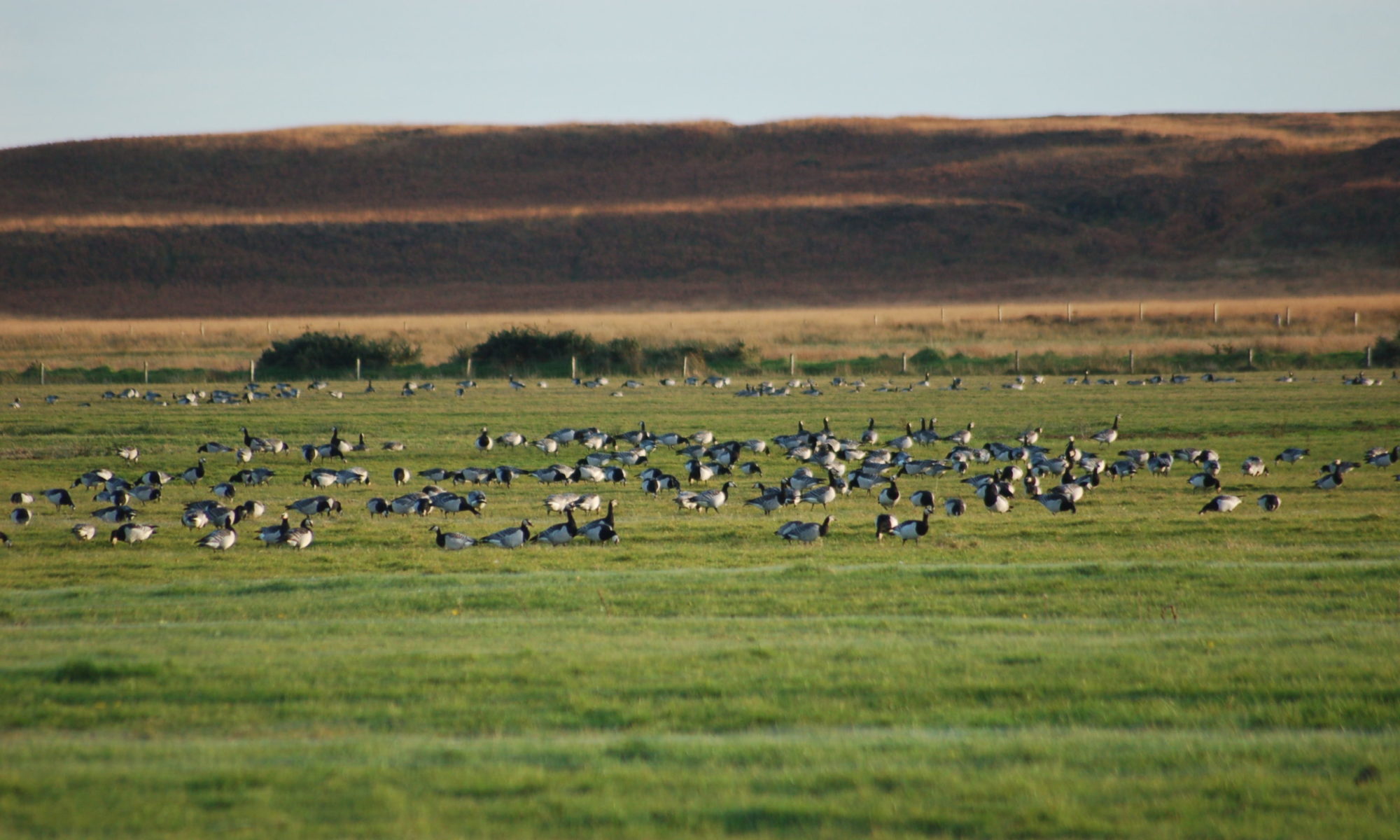The growing recognition that the management of natural systems is often more about influencing people’s decisions and changing their actions led to the establishment of the ConHuB Research Group. We believe that, based on an understanding of human behaviour, conservation can design for human reactions to interventions. In understanding the complexities involved in researching and interpreting human behaviours there is a lot to learn from other disciplines. To this end, we draw on a range of disciplines such as social and cognitive psychology, development studies and criminology in order to better-understand factors surrounding the decisions that people make with the goal of informing conservation policy and practice.
In seeking to prevent environmentally harmful behaviours, rules and regulations governing the conservation and management of natural resources are often created. Studying the degree to which people abide by such rules is, however, fraught with challenges. Whilst indirect measures of non-compliance, such as satellite imagery assessing forest loss or market surveys gathering information on wildmeat sales are useful for assessing the extent of infractions, they tell us little about the characteristics of rule breakers.
The inherent difficulties associated with asking people directly about their involvement in illegal or otherwise sensitive activities has led to conservation scientists applying various specialised questioning techniques in an attempt to encourage more accurate reporting whilst ensuring respondent protection. Our group continues to develop this area of research, trialling different methods under field conditions and seeking feedback from research participants.
Example of ConHuB work
Nuno, A., & St. John F. A. V. (2015). How to ask sensitive questions in conservation: A review of specilized questioning techniques. Biological Conservation, 189, 5-15
Hinsley, A., Keane, A., St. John, F. A. V., Ibbett, H., & Nuno, A. (2018). Asking sensitive questions using the Unmatched Count Technique: Applications and guidelines for conservation. Methods in Ecology and Evolution. 10 308-319.
Conflicts between individuals or groups of people over how natural resources should be managed are widespread. Typically, they hinder conservation and negatively affect the lives and livelihoods of the people involved. Notoriously difficult to resolve where people hold different values and worldviews, conservation conflicts have been identified as “wicked problems” meaning they are difficult to define and lack clear solutions. In many instances, sharing ecological knowledge on a conservation target has failed to resolve conservation conflicts. At ConHuB we conduct research into the human dimension of conflicts by drawing on different theories of human behaviour and strive to develop equitable, holistic, interdisciplinary responses that can inform management.
Examples of ConHuB work
Struebig, M. J.,Linkie, M., Deere, N. J., Martyr, D. J., Milliyanawati, B., Faulkner, S. C., Le
Comber, S. C., Mangunjaya, F. M., Leader-Williams, N., McKay, J. E., & St. John, F. A. V. (2018). Addressing human-tiger conflict using socio-ecological information on tolerance and risk. Nature Communications, 9, 3455.
St. John, F. A. V., Steadman, J., Austen, G., & Redpath, S. M. (2018). Value diversity and conservation conflict: Lessons from the management of red grouse and hen harriers in England. People and Nature. 1, 6-17.
Human well-being is a central concern of myriad policies including ones aimed at minimising the impact of land use change and biodiversity loss on people and the environment. At ConHuB we are interested in understanding the relationship between well-being and access to nature and the impact of conservation interventions, such as the devolution of forest management, on human well-being. The approaches we take are informed by various theoretical and methodological frameworks and integrate both subjective and objective measures of well-being.
Responding to the prominent narrative that ‘people poach because they are poor’, we are implementing a programme of research investigating the links between rule breaking behaviour and multidimensional poverty and well-being. The European Research Council funds this work.
Examples of ConHuB work
Santika, T., Wilson, K. A., Budiharta , S., Kusworo , A., Meijaard , E., Law, E. A., Friedman, R., Hutabarat, J.A., Indrawan, T.P., St. John, F. A. V., & Struebig, M. J. (2019). Heterogeneous impacts of community forestry on forest conservation and poverty alleviation: evidence from Indonesia. People and Nature 1(2), 204-219.



